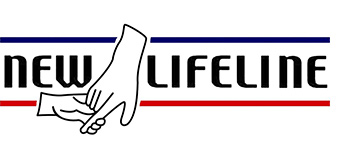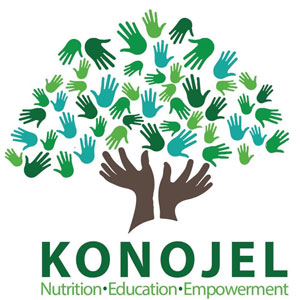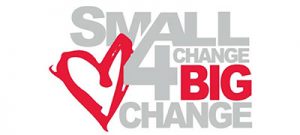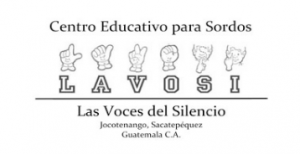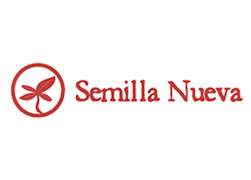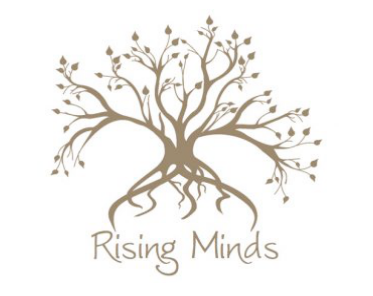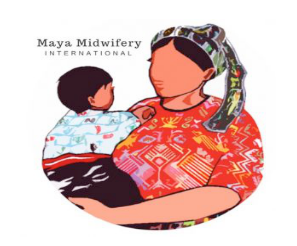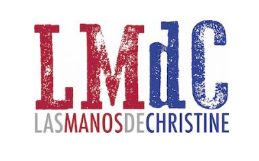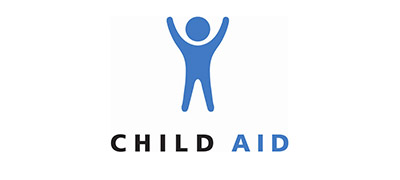The Konojel Community Centre provides a hearty vegetarian lunch every weekday to 60 of the most at-risk individuals in San Marcos La Laguna, Sololá, Guatemala. Konojel’s lunch program works to strengthen and stabilize the weakest members of an impoverished community in which almost 7 in 10 children suffer the effects of chronic malnutrition. The food served represents a tremendous improvement in the diet of those who eat there, including children, pregnant and nursing mothers, and elders who are often overlooked at home when food is scarce. Children lunch daily also benefit from an education “enrichment” programme each afternoon.
Konojel have also built a collective of local indigenous women to run Sabor del Sol (Taste of the Sun) as a microbusiness. Konojel oversees its operations, and manages its finances. This microbusiness provides a source of income to its members who do all the cutting, drying, weighing, and packaging of their products. The women also work in their small restaurant in the town, serving locals and tourists for lunch and dinner. In addition to employment the collective provides business education and skills to empower these women to continue to grow and find ways to provide for their families.
New Lifeline provided school supplies and craft materials in 2016 to the children in the enrichment programme. We continue to provide funding for critical infrastructure and administration costs to Konojel in addition to providing funding for the Sabor del Sol restaurant’s fit-out and expansion. New Lifeline also funds an English teacher for the community.
Small Change 4 Big Change empowers indigenous people of Guatemala through work in sustainable health and education. Their education centre offers free workshops for women and children in community gardening, sewing, cooking, solar dehydration of food, mother and baby nutrition, preschool, English, raising chickens, goats and tilapia, and other activities related to the community.
Since 2016 Lifeline have funded a pre-school teacher, ecological stoves for families, tilapia fish pond micro-businesses, a solar dehydrator and cooperative gardening projects. We continue to fund the English teacher, mother and baby nutrition programme, raising chickens and children’s gardening projects.
LAVOSI improves the lives of Deaf children in Guatemala by providing high quality comprehensive education. LAVOSI provides an inclusive fully accessible school environment that promotes academic learning, social development, job readiness, dignity and acceptance as Deaf individuals through the use of Guatemalan Sign Language and understanding of Deaf Culture. La Vosi believe that language access and education are the keys to ending the cycle of discrimination and poverty that too often negatively impact the Deaf Community. Through hard work and determination they created a unique school that empowers Deaf children to face their future with a sense of hope and optimism.
New Lifeline is funding a recreational area where students can meet. Many of the children are isolated once the school day is over, as family members and friends are unable to sign. Providing an area to interact with their friends and the deaf community is truly a lifeline to the students.
There is no comparison between Guatemala and the Western World. Especially, when you are still a child, with your whole life ahead of you. The Dutch foundation Tess Unlimited offers much-needed medical care for children born with a Cleft lip and Cleft palate. In this way, they shape a socially-isolated life into a healthy place within its own community. Tess Unlimited facilitates the change from children with almost no chance at obtaining a good future to proactive thinkers and doers, who inspire and teach others. The programmes includes family visits, surgery, pre and post-op medical consultation, milk/vitamins, psychological support, speech therapy.
New Lifeline, since 2016, has provided funding for speech therapy and supported the milk programme.
Semilla Nueva combats chronic malnutrition in Guatemala with biofortified or high-nutrient crops. Biofortified corn provides consumers high protein quality and zinc. By substituting this corn in the country’s food system, the organisation improves nutrition without requiring farmers to change the crops they plant, or families to change their traditional diets. Semilla Nueva collaborates with international organisations, the local Guatemalan government, farming associations, and seed producers and buyers to change the diets of rural families countrywide.
New Lifeline has and continues to fund Semilla Nueva’s programmes related to addressing malnutrition in children and families through farming techniques.
Primeros Pasos aims to improve the quality of life of the rural communities of the Palajunoj Valley of Quetzaltenango, Guatemala, through integrated health education programs and access to medical services. With the collaboration of health professionals, health educators, volunteers, and community leaders, Primeros Pasos offers quality and affordable health.
New Lifeline is providing funding to help meet the costs of affordable healthcare to vulnerable families, in addition to providing physical donations such as 500 toothbrushes and laminating machine for medical cards.
Rising Minds’ mission is to bridge cultural, economic and developmental gaps through the integration of education, awareness and action. Rising Minds works with local initiatives, ranging from women’s cooperatives, association of elders, to youth leadership programmes to develop solutions that address community-identified needs. Programmes include sustainable construction, gardening and nutrition, health training, community education and enrichment.
In 2016 New Lifeline funded a garden programme, and solar dehydrator for primary school children to work with the elders in the community. Sharing stories, smiles and fresh food together.
Maya Midwifery works with indigenous Guatemalan midwives and other local health providers in addressing the many obstacles to effective and sustainable health care in their communities; they improve community health by strengthening Maya midwifery as an institution/association. They educate new midwives as to their role within the neighbourhoods both in towns and rural villages.
In addition to traditional pregnancy and birthing services they work with the the mothers using traditional healing, promotion of the physical, emotional, and spiritual health of the community by addressing roots of disease, pregnancy loss, maternal and infant mortality. The midwives also promote community development and civic participation.
New Lifeline provides funding for mobile clinic outreach to those women and children in rural areas that would not otherwise receive any form of medical or healthcare.
Las Manos de Christine is a non profit organization that broadens opportunities for local children in the impoverished village of El Hato, Guatemala, by providing health and educations resources to the public school and support for locally-led community development efforts.
New Lifeline is providing funding for a Special Needs teacher for children with learning difficulties and an English teacher to provide weekly classes to all students in the school. New Lifeline is also supporting the school library with books.
Long Way Home’s mission is to use sustainable design and materials to construct self-sufficient schools that promote education, employment and environmental stewardship.
In addition to the standard primary educational curriculum, their middle school and vocational school offer coursework in carpentry, masonry, mechanics, electrical, welding and horticulture, along with introductions to the business and technology aspects of radically sustainable construction. The project aims to foster a new group of Guatemalan students, environmentalists and entrepreneurs, uniquely equipped to innovate in the field of sustainability and construction.
In 2016 New Lifeline provided funding for school text books, science equipment and musical instruments for the whole school.
Learning to Read…. Reading to Learn. It is widely accepted that education is a basic human right and the most effective route out of poverty, and much progress has been made in recent years improving access to education in the developing world. But when children attend schools that are trapped in a repeating cycle of poor quality instruction, insufficient resources and low expectations, attending school does not mean that they will receive a meaningful education.
Child Aid works to break that cycle by empowering teachers and schools to improve the quality of education for their students. Their intensive, four-year teacher training programme stresses not only learning to read but also the skills needed to use reading to keep learning. Working in some of Guatemala’s poorest and most underprivileged public schools, Child Aid trains teachers through hands-on workshops and one-on-one coaching to improve their performance and create a more engaging, interactive learning environment for their students.
New Lifeline provided funding in 2016 for teacher training.
